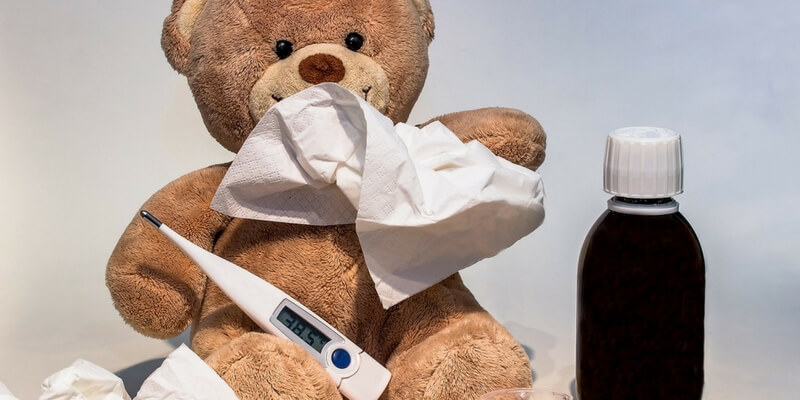
We’ve all experienced a fever at some point in our lives; they make us feel groggy and uncomfortable. But do you know how to handle a fever with your child? Are you a new parent that has no idea how a fever can affect your baby? These are questions you should be asking yourself to take the necessary steps in ensuring your child gets the proper care they need. Many of us at DOCS Urgent Care located in Fairfield, and various other locations in Connecticut, have been there too. With all that said, let’s start with the basics.
People get fevers when their body temperature rises above what it should be (around 98.6 degrees Fahrenheit). The reasoning behind this is usually because the body recognizes a potential virus so it wants to create an unfavorable environment to kill off that bacteria. It’s your body’s way of fighting infection.
Some of the symptoms include, but are not limited to:
If you notice that your child may have a fever, it would be a good idea for you to act. Some of the symptoms for children normally include fussiness, high temperature, sore throat, coughing, vomiting, etc.
Here are some of the more severe signs you should look for:
If you notice any of these severe symptoms, call a doctor immediately. If left untreated, these symptoms could get worse and/or they could result in more medical problems down the road. Here is an article to read if you are wondering if your child is too sick for school.
Most fevers are easy to treat and won’t require any care from a doctor, unless your child is extremely uncomfortable. There are several ways that you can help treat a simple fever:
Unfortunately, some children may experience more intense fevers than normal. If this is the case with your child, call your doctor. They will be able to provide the right information and treatment based on your child’s symptoms.
Since fevers occur because of bacteria and viruses, the most effective thing to do would be to look at personal and household hygiene. Simple things such as washing your hands after going to the bathroom and cleaning the counter before and after cooking a meal can go a long way in preventing illness in your family.
Here are more tips on how to prevent fevers:
No one wants their child to end up in the emergency room because of a fever. Make sure you know and understand the symptoms of a severe fever and seek medical attention ASAP! The last thing we, Fairfield DOCS Urgent Care, want is for you to have to make a visit in the middle of the night to treat the flu.
During this surge in COVID-19 cases, our primary focus is meeting the high demand for tests, and we are seeing higher than usual wait times. This means we are unable to answer most phone calls. Please know that our teams are working very hard during this time to care for as many patients as safely as possible. Please click the button below for answers to common questions. We appreciate your understanding.